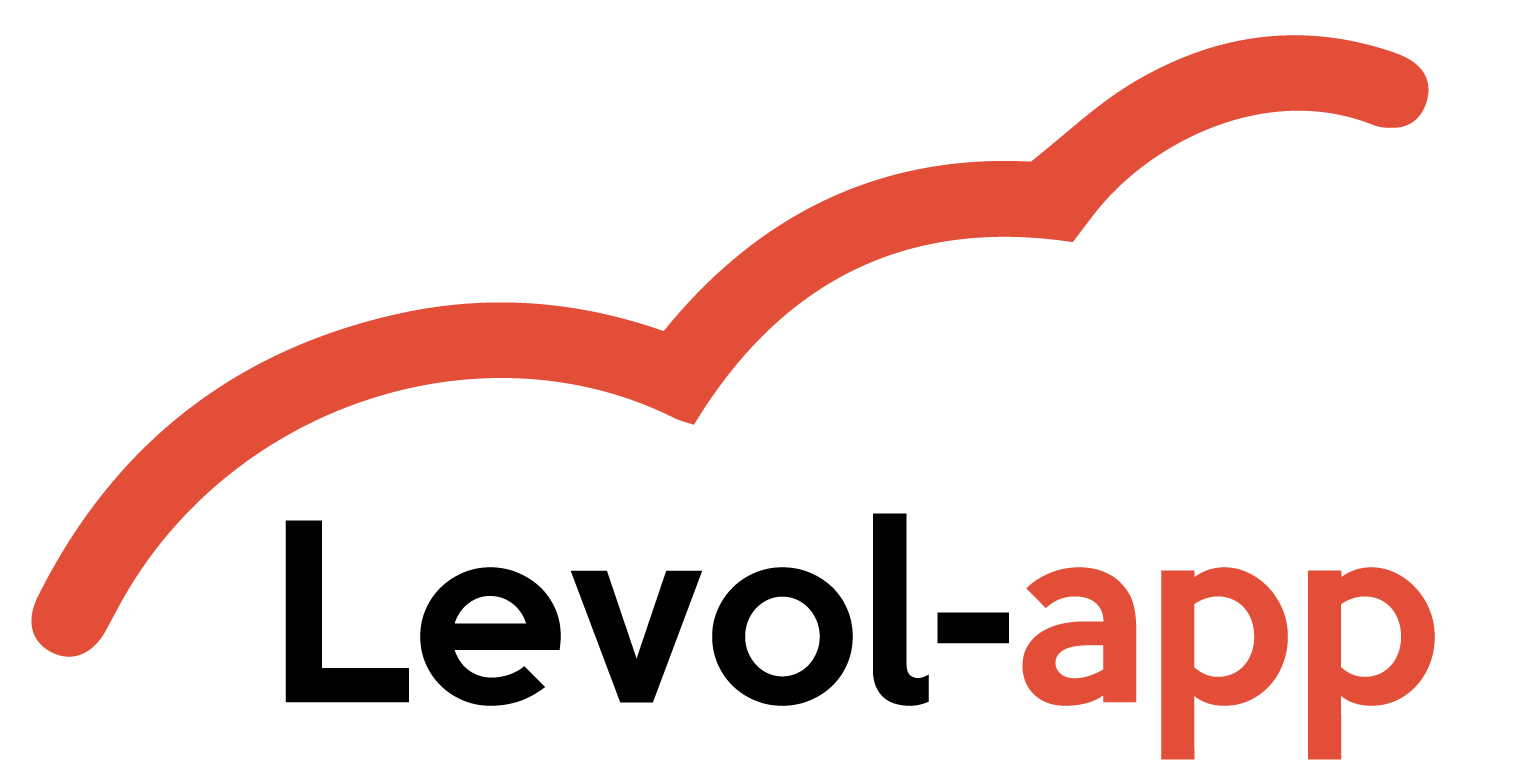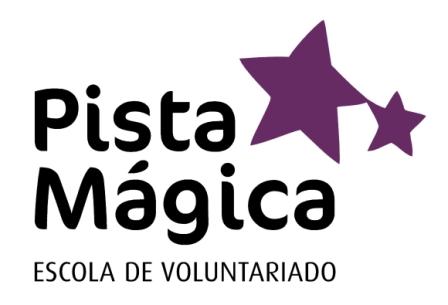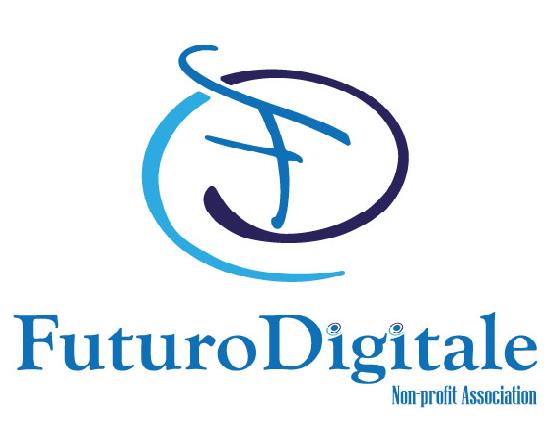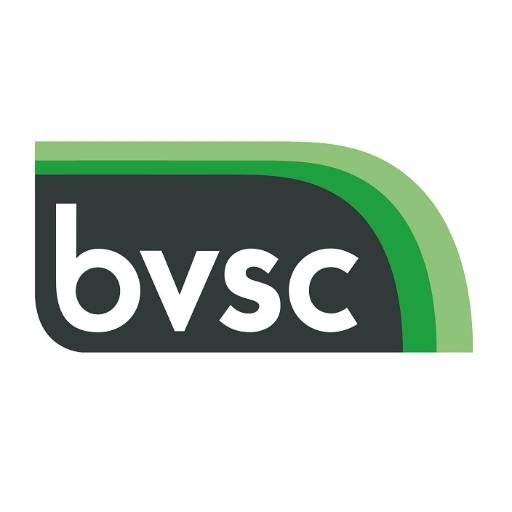Erasmus+ for individuals
Erasmus+ for organisations
Erasmus+ brings opportunities to students, staff, trainees, teachers, volunteers and more. It’s not just about Europe or Europeans either – with Erasmus+, people from all over the world can access opportunities. People of any age and background can participate on this kind of opportunities.
Thanks to Erasmus+ entities may engage in a number of development and networking activities, including strategic improvement of the professional skills of their staff, organisational capacity building, and creating transnational cooperative partnerships with organisations from other countries in order to produce innovative outputs or exchange best practices.
In case you want to learn more about this programme and all its actions related to youth, school education, higher education, vocational education and training, adults and sports, you can find here the programme official guide.
Project coordinator
Project partners






